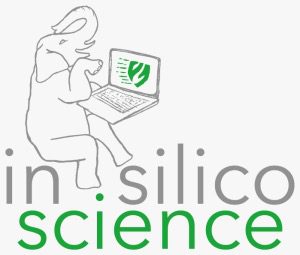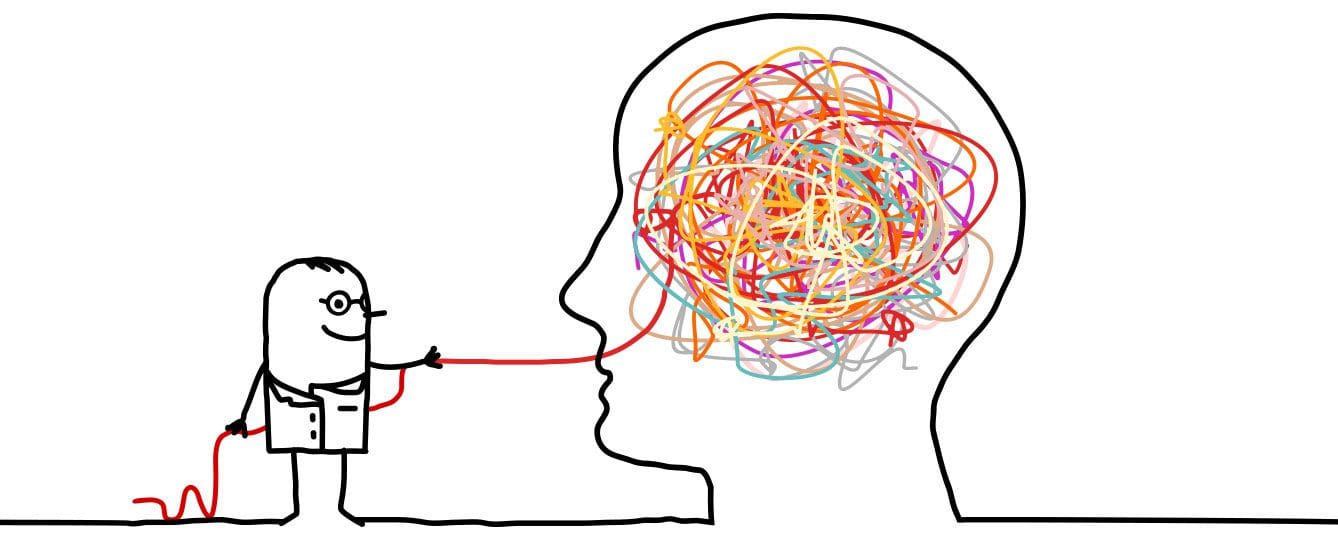Researchers from CoEHAR’s In Silico Science project have developed a two-step technique to identify spin bias, research reporting that results in an intentional or unintentional misinterpretation of research results
Catania, 3 May 2023 – The results of scientific studies in the biomedical field reported presented to show the effect of an intervention with the aim of emphasizing the importance of the findings and assuring their publication. However, the careful analysis of how findings are reported reveals that nonsignificant findings are presented as significant or demonstrating an effect. When researchers suggest that nonsignificant data shows favorable or unfavorable effects then their conclusions are distorted by spin bias.
Researchers of the In Silico Science project, a study by CoEHAR, the Center of Excellence for the Acceleration of Harm Reduction of the University of Catania, led by Dr. Renée O’Leary, are carrying out a series of systematic reviews of studies on the health effects of electronic cigarettes. As part of their systematic reviews, they objectively identified the instances of spin bias in studies relevant to tobacco harm reduction.
Their review “Identifying spin bias of nonsignificant findings in biomedical studies” has been published today on the prestigious magazine BMC Research Notes. Their recent review on the cardiovascular effects of e-cigarette substitution for cigarettes substantially confirmed that e-cigarettes have no different effect that cigarettes on cardiovascular parameters such as heart rate and blood pressure. As part of their systematic review, the researchers conducted an extensive qualitative assessment on the clinical studies. One of the bias assessments included an examination for reporting bias, an evaluation that is not routinely performed for systematic reviews.
In their assessments, the researchers identified that 7 of 26 studies exhibited spin bias of nonsignificant findings. Spin bias may be a result of the authors’ opinion on e-cigarettes, trying to frame nonsignificant findings to support their position. Spin bias may be prompted as defense against the prevalent bias against the publication of null results.
To objectively identify spin bias the researchers have developed a two-step technique to identify the presence of these methodological errors: the technique is based on a detailed analysis of the data by the tracing of the findings for discrepancies between the results and the discussion and conclusions sections of a study.

“Our review reported over 66% nonsignificant cardiovascular test results. This was important data indicating that e-cigarettes had no difference in cardiovascular effects than cigarettes –explained dr. Renée O’Leary – We are not the only researchers to observe reporting bias in the biomedical literature. One study compared 896 abstracts with their full text conclusions, and found that 15 –35% were inconsistente with the data, and another study observed that 27% of the studies exhibited spin bias with nonsignificant results”.

“The distortion of scientific data and the unbridled search for sensationalist headlines is dragging the academic research into an abyss of non-credibility – said prof. Riccardo Polosa, founder of CoEHAR – Exposing methodological flaws and identifying corrective measures is the only way to reverse course and bring science back to the level of the authoritative legitimization that scientific truth deserves. Only by disseminating accurate reliable information we can create a critical conscience in researchers, journalists, civil society and in those responsible for making public health decisions”.
This new technique for the identification and reporting of spin bias is an important contribution to the debate over tobacco harm reduction. When authors misrepresent their findings, whether intentionally or unintentionally, their conclusions are presented as evidence. Especially for the contentious field of e-cigarette research, results must be discussed accurately. The debate over e-cigarettes must not be distorted by nonsignificant results reported with spin bias.

In Silico Science is training researchers on innovative methods for systematic reviews applied to the research on tobacco harm reduction, with particular reference to cardiovascular effects, respiratory effects and weight management.




